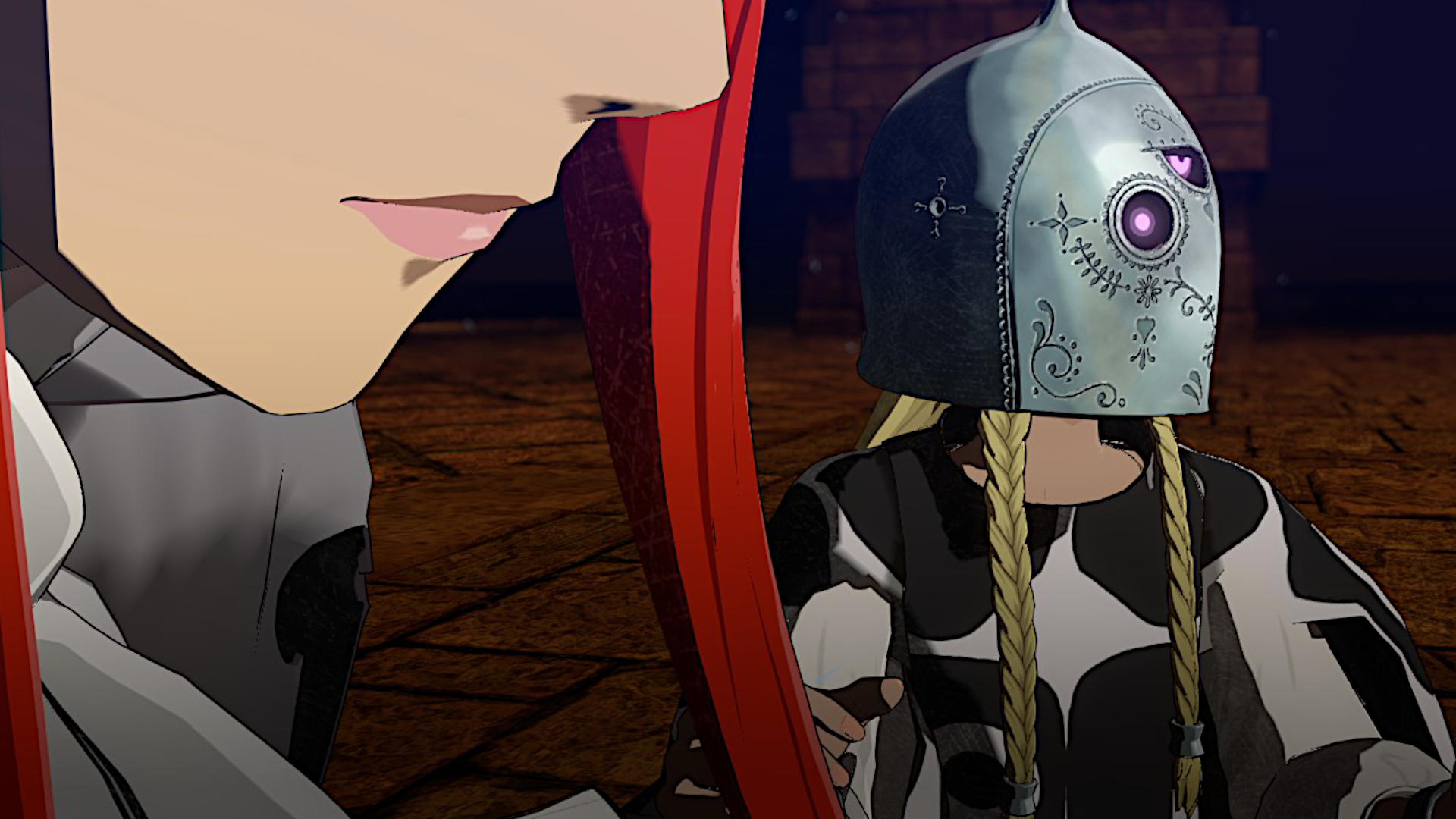Metaphor: ReFantazio's director does the smart thing, avoids reading comments as much as possible: 'Constantly looking at reactions isn’t good for your mental health'
Everything in moderation.

Metaphor: ReFantazio is, more than anything, a game about democracy and the role a leader has in hearing out the public's woes—good thing director Katsura Hashino isn't a prospective monarch, then, because he (quite sensibly) avoids the doom-scrolling feedback spiral of online comments and reviews.
That's as per a discussion he had with Keiichiro Toyama, published by Famitsu (and translated here by Automaton): "I do check things out at certain times," Hashino admits, "Such as right after launch. But it’s not like I can adjust based on what I see. When I need to look something up, I do it quickly in one go, because constantly looking at reactions isn’t good for your mental health."
That's a pretty humbling thing to hear, if I'm being honest. Metaphor: ReFantazio's done rather well for itself, grabbing itself the prestigious title of fastest-selling game in developer Atlus' library, and a stonking 95/100 from us in our Metaphor: ReFantazio review. I'm currently 52 hours along myself, and I can verify that it's a banger.
To hear that Hashino doesn't really want anything to do with comments sections is admirable in its own way—listening to feedback is important for game development, sure, but there's a degree to which you won't be able to please everyone. Not to mention, while players are often extremely good at identifying a problem, they're often not great (in aggregate) at figuring out why that issue is happening—or, er, expressing it politely.
In a survey early last year, over 91% of industry respondents identified harassment and threats as a persisting issue in game development—meanwhile, review bombing (not to paint the two with the same brush, there can be some valid reasons for the latter) has increased across titles after Helldivers 2 players rather successfully told Sony to go stick it where the sun don't shine.
One supposes, also, that Hashino has the advantage of already being pretty good at making the kind of game he likes to make, having been a director at Atlus for over two decades. Auteur privilege, and all that. Though as someone who often has people telling me how dumb I am for videogame opinions (not that you'd ever do that, right, dear reader?) I can thoroughly relate.
Hashino adds that he also doesn't "really want to appear in promotions," adding that "maybe because it's a new IP, I get a lot of requests to talk about it. It's a lot more than when I was working on Persona." No wonder he's not been responding to requests to do a musical rendition of our Top 100 list—shame, maybe Gabe Newell's free.
Keep up to date with the most important stories and the best deals, as picked by the PC Gamer team.

Harvey's history with games started when he first begged his parents for a World of Warcraft subscription aged 12, though he's since been cursed with Final Fantasy 14-brain and a huge crush on G'raha Tia. He made his start as a freelancer, writing for websites like Techradar, The Escapist, Dicebreaker, The Gamer, Into the Spine—and of course, PC Gamer. He'll sink his teeth into anything that looks interesting, though he has a soft spot for RPGs, soulslikes, roguelikes, deckbuilders, MMOs, and weird indie titles. He also plays a shelf load of TTRPGs in his offline time. Don't ask him what his favourite system is, he has too many.

